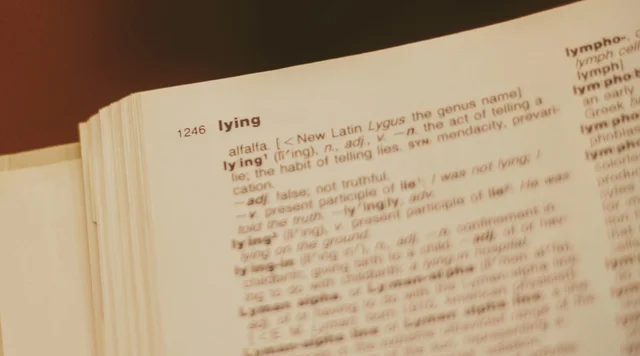
Under the D. Del. local rule 7.1.4, a written request for oral argument is due seven days after the reply brief on a motion.
According to the rule, the Court may or may not schedule oral argument on receiving a request—and may schedule argument even if it is not requested:
Oral argument on any motion may be scheduled upon the application of a party, or sua sponte by Court order.
That leads to a common question, "Should we request oral argument on our motion?"
The short answer is: yes, if you want oral argument. The Court is going to schedule argument it if it wants to regardless, but the purpose of the procedure is to let the Court know the parties' views. Just keep in mind that requesting argument does not necessarily mean that the Court will schedule it.
Common Questions
Attorneys sometimes seem to read too much into the requirement to request oral argument. Here are some common questions and answers:
Will the Court address our motion more quickly if we don't request oral argument? No, not that I've seen. But the reverse may be true—requesting oral argument could potentially speed up resolution of a motion.
My theory, unsupported by hard data, is that the Court is a bit more likely to schedule oral argument if the parties request it. And I get the feeling—again unsupported by data—that motions where oral argument is scheduled tend to resolve a bit faster than other motions. But I also think this tends to vary by judge.
Will the Court think we do not care about our motion if we don't request oral argument? No. I have never seen any indication that the Court changes its views on parties or their motions based on whether they do or do not request oral argument.
Can we make our request for oral argument into a sur-reply brief? No. The request for oral argument is not a substitute for a sur-reply brief, and LR 7.1.2 specifically prohibits additional papers beyond a reply brief absent Court approval. Please don't do this.
Can we ask for the Court to combine our argument for our motion with the other side's argument for a different motion? Yes. Parties do this from time to time and it sometimes works, if the combination makes sense (e.g., asking the Court to combine argument on a motion to supplement infringement contentions with the other side's motion to supplement invalidity contentions).
We changed our minds / we missed the deadline / we want to call the Court's attention to our motion! Can we file a request after the deadline? Generally this is not what I would call a critical filing. The Court will schedule argument if it wants it. I would consider how filing late is going to look for you and your client (hint: probably not good).
If you enjoyed this post, consider subscribing to receive free e-mail updates about new posts.





